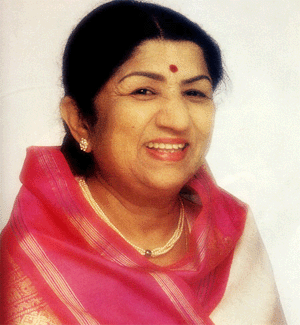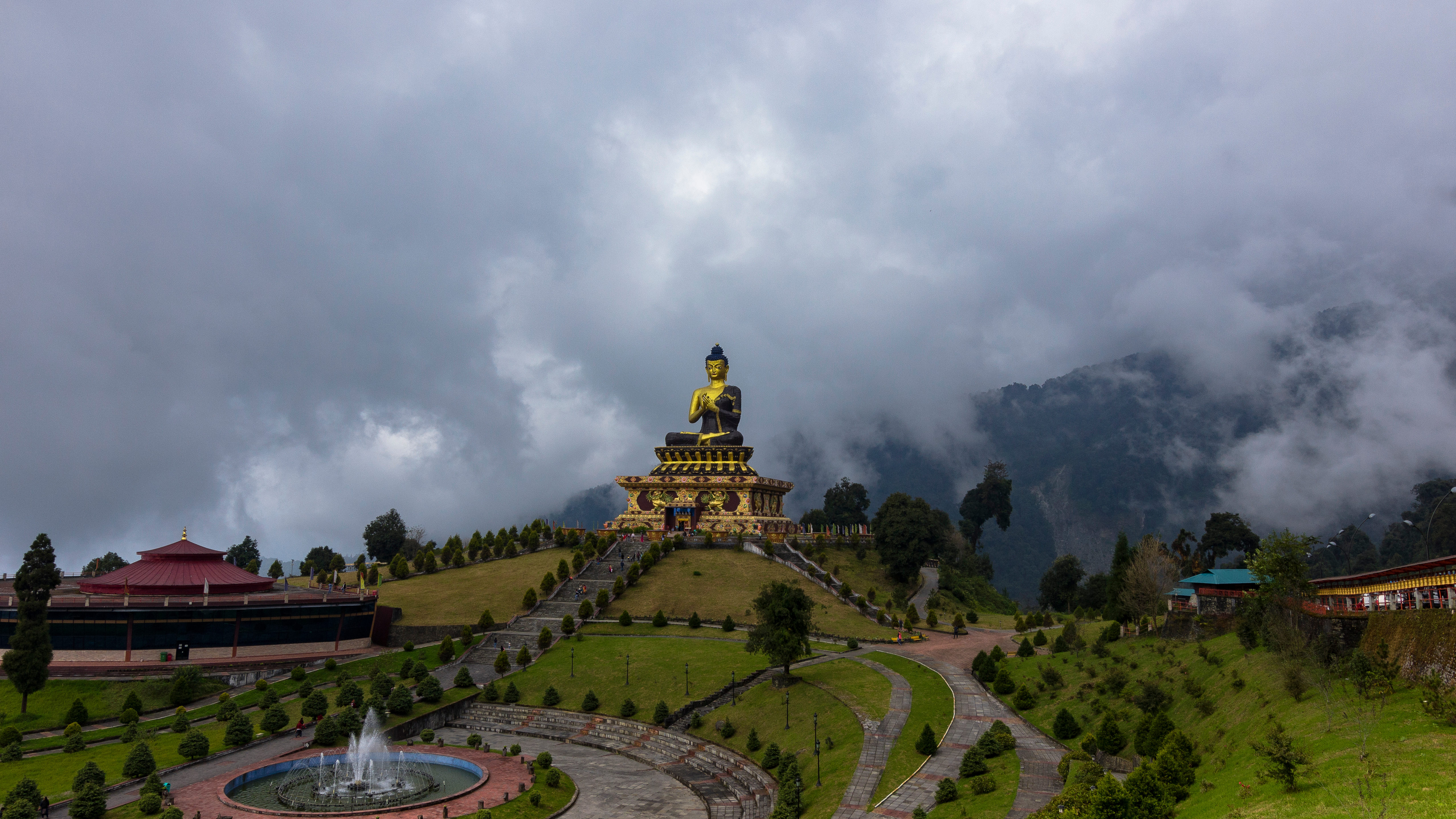Ae Mere Watan Ke Logo
A tiresome battle was once fought between India and China in the late months of 1963, at the border, holding many human lives in its iron clasp. The whole nation prayed for those brave soldiers who were selflessly fighting for us and our families. When the war was finally over, we rejoiced the end of violence and grieved for all those who sacrificed their lives in pursuit of peace. It was a time that touched the deepest parts of every Indian’s heart and brought out their love and respect for our soldiers.
That was when Kavi Pradeep, a renowned song writer, penned down the evergreen patriotic song ‘Ae Mere Watan Ke Logo’ as a contribution towards Bollywood’s fund raiser for victims of the war. Ever since then, it has been recognised as one of the most patriotic songs of the nation, stirring the souls of those who listen to it

This photo “Lata Mangeshkar” @Wikimedia from Vinay shakti made available under a Share Alike, Attribution license.
C. Ramachandra’s music brought life to the melancholic words of Kavi Pradeep, and when it was sung by Bharat Ratna awardee Lata Mangeshkar on 26th January, 1963, the nation was moved to tears, including former Prime Minister, Pandit Jawaharlal Nehru.
Such is the power behind this song that it united the citizens of our nation and soothed the burning rage caused by the war. People felt peaceful and calm listening to this song. It is for these same reasons why ’Ae Mere Watan Ke Logo’ is as close to our hearts as our National Anthem and National Song.
Music has a way of reaching out to our soul like nothing else can. Be it joy or grief, a song always portrays our feelings to such an extent that we can’t help but feel a connection right in our heart. ‘Ae Mere Watan Ke Logo’ is no exception, being a song that reminds us of the sacrifice of our Nation’s soldiers for the past five decades. The memories associated with this song are fresh in our minds , as it unites us and makes us proud of our country.
Kavi Pradeep’s timeless lyrics, Ramachandra’s soulful music and Lata Mangeshkar’s hauntingly melodious voice, together make this song a treat to the senses; a timeless classic in our nation’s musical history.


